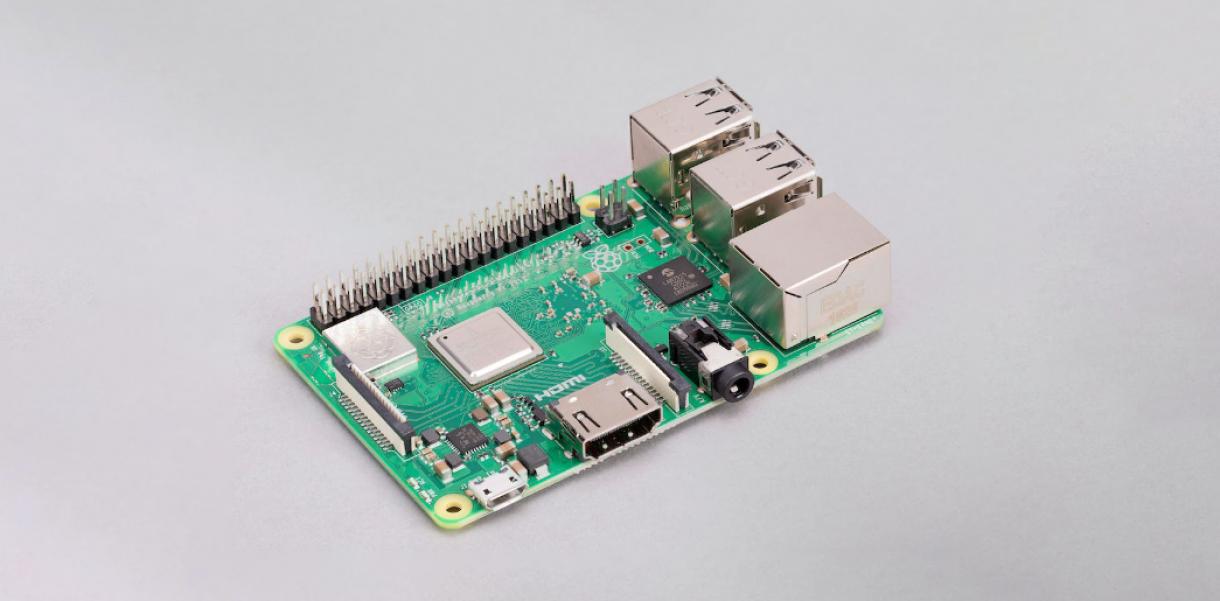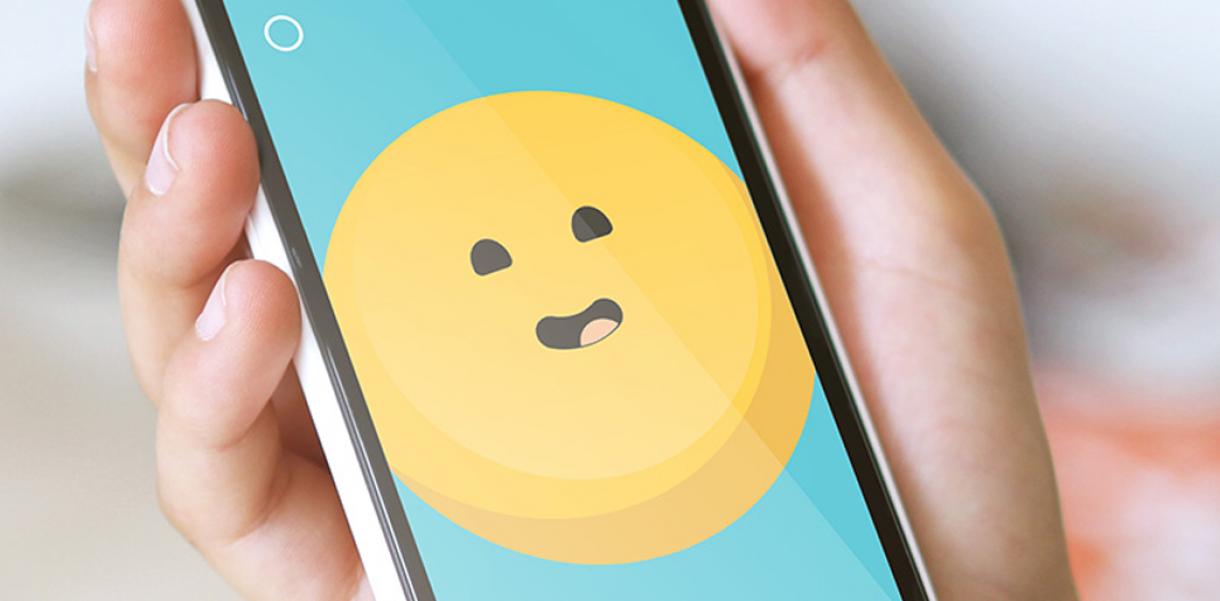
On leap day in 2012, a new fruit computer launched on the market – and it was only $35.
The credit card-sized, single-board computer was named Raspberry Pi: both to recognise the long-standing tradition of fruit-naming computers, but also reference Python, the easily accessible programming language.
Because Raspberry Pi was a computer with a mission. It wasn’t made to turn a profit or outperform its competitors: after years of declining interest in the field of computer science, it simply wanted to make kids fall in love with programming again.
“The University of Cambridge, where I worked, is one of the best places in the world to study computer science,” says Eben Upton, the Founder of Raspberry Pi Foundation. “We were struggling to find any young people who were interested enough in computers to come and study computer science with us. They used to be everywhere and now there were no kids. And that's, that's really where the idea came from.”
And the idea transformed itself into a simple, but enticing computer, that could make kids rediscover the limitless and fun-filled world of programming. With products ranging from $35 to as little as $5 per computer, the Raspberry Pi not only revolutionised the accessibility to computing but also gave kids of all contexts and backgrounds the chance to develop career-broadening skills.
"I like quantitative skills and quantitative subjects because they give clever children from disadvantaged backgrounds a way to progress in life."
“You can't fake being good at a quantitative subject. If your dad gets you a job building bridges, and you can't do the math, the bridges fall down. It doesn't matter who your dad is, right? And that’s why I like quantitative skills and quantitative subjects because they give clever children from disadvantaged backgrounds a way to progress in life.”
Funded by the sales of the computers, the Raspberry Pi Foundation focuses on educational and charitable activities to help even more kids develop these life-changing skills. “The skills that you learn make you better at any job,” as Upton says. “Computer science itself has a very kind of methodical way of thinking about the world. And those methodical skills make you a better lawyer or a doctor.”
Luckily, the original Raspberry Pi mission has been accomplished: the number of applicants to study Computer Science at Cambridge University has gone up from 200 in 2008 to 1400+ in 2020. “If you wanted to get your child into Cambridge to study physics, the best way to do it in 2008 was to have them apply to computer science, and then change,” Eben remembers. “Now it’s harder to get into computer science at Cambridge than it is to get into almost any other subject.”
“It's been wonderful to kind of situate that design element of Raspberry Pi in the broader world of design.”
But the impact doesn’t stop there. With 43 million computers sold worldwide and 95% of its products exported outside the UK, the globe has grown fond of pocket-sized computers. And the foundation continues to develop new generations and launch new products to its existing portfolio. Now looking back, winning the Index Award really made Upton think about the Raspberry Pi not only as a solution but design object as well.
“The lovely thing about the Raspberry Pi is it has this kind of Bauhaus quality, that form follows function. It’s an extremely functional device, and therefore a modern Raspberry Pi, when you look at it, is also a beautiful device,” he says. “It's been wonderful to kind of situate that design element of Raspberry Pi in the broader world of design.”




